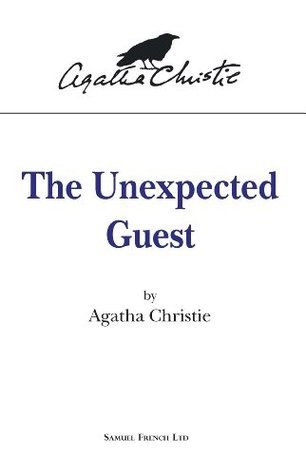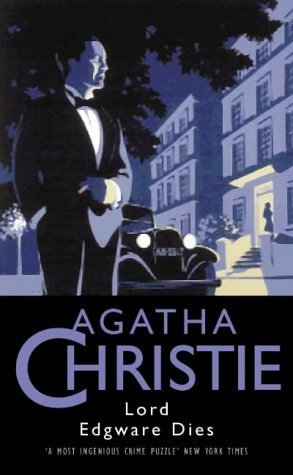
The Hollow
Book Description
A serene weekend at a country house shatters when a body is discovered in the garden, lifeless and alone. In the ornate depths of ‘The Hollow,’ tension runs high as guests become suspects, their hidden secrets intertwining in a web of deceit. A compelling cast of characters grapples with desperation, betrayal, and buried desires, each teetering on the edge of revelation. As the brilliant Hercule Poirot steps in to untangle the chaos, every interaction crackles with suspicion. Can he unravel the truth before another life is claimed? Who among them is capable of murder, and what dark truths will surface?
Quick Book Summary
"The Hollow" by Agatha Christie is a classic country house mystery centered on a weekend gathering at an English estate that takes a tragic turn. When Dr. John Christow is found murdered beside the swimming pool, the idyllic facade of polite society crumbles, exposing a tangle of relationships, resentments, and secrets among the guests. Hercule Poirot, visiting the neighboring cottage, is drawn into unravelling the web of motives spanning jealousy, love, and betrayal. Christie masterfully depicts the psychological complexities of each character, presenting readers with multiple plausible suspects. As Poirot carefully separates truths from falsehoods, he must decipher cryptic clues and human behavior to reveal the killer and their motivations, ultimately exposing the devastation wrought by passion and hidden desires.
Summary of Key Ideas
Table of Contents
Deception Beneath Elegance
At The Hollow, a grand yet emotionally charged country house, a weekend reunion brings together a cast of distinct and deeply flawed personalities. The guests include Lady Angkatell, the eccentric hostess; the brilliant but troubled Dr. John Christow; his neurotic wife Gerda; and a mixture of former lovers and relatives. The carefully constructed atmosphere of genteel normalcy is upended when John is discovered dying by the pool, surrounded by an array of potential suspects, each with motives rooted in personal history and emotional turmoil.
Complex Human Relationships and Motives
The relationships among the guests are intricate and tense. Dr. Christow is entangled with several women, including his mistress Henrietta Savernake and ex-lover Veronica Cray, while his wife Gerda is emotionally unstable and devoted. The arrival of Hercule Poirot complicates matters, as his presence triggers defensiveness and discomfort among the suspects. Christie excels at creating psychological depth, with each character’s secrets and suppressed emotions fueling suspicion and drama as their true selves emerge under strain.
Poirot’s Analytical Approach
Poirot's investigation hinges on subtle observation and psychological insight. He meticulously questions the guests, noting inconsistencies in their recollections and interpretations of the pivotal moment. Poirot must distinguish between staged reactions and genuine surprise, considering factors such as the placement of the murder weapon and the attitudes of the suspects. His approach highlights not only logical deduction but also an understanding of underlying emotional motivations, which proves pivotal to solving the case.
The Destructive Power of Jealousy and Passion
Central to the crime are destructive emotions—particularly jealousy, unrequited love, and wounded pride. While physical evidence is sparse, it becomes clear that personal vendettas drive the events. Gerda’s suppressed rage and heartbreak, Henrietta’s conflicted loyalties, and Veronica’s manipulative tendencies all reflect the novel’s exploration of destructive passion. The story demonstrates how such emotions can lead to tragic choices, blurring the lines between victim and perpetrator.
Revelation and Consequence
As Poirot uncovers the layers of deception, the narrative reveals not only the solution to the crime but also the emotional cost on all those involved. The killer’s motives, when finally unraveled, offer a poignant commentary on the unpredictability of human nature and the consequences of buried desires. The denouement underscores the novel’s message: that beneath cultivated exteriors, powerful forces shape human behavior, often with irreversible results.
Download This Summary
Get a free PDF of this summary instantly — no email required.





